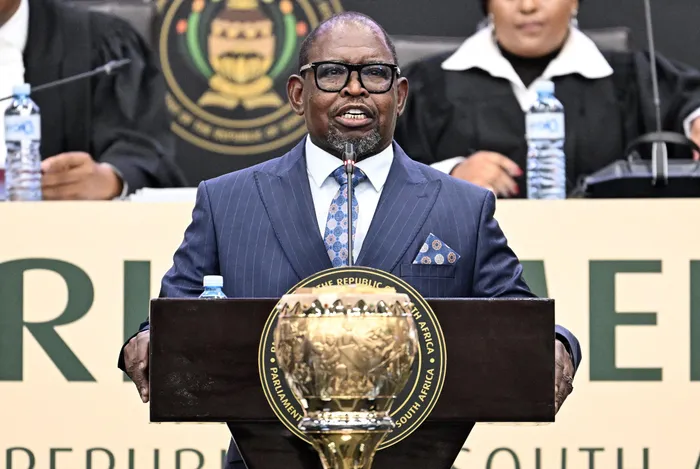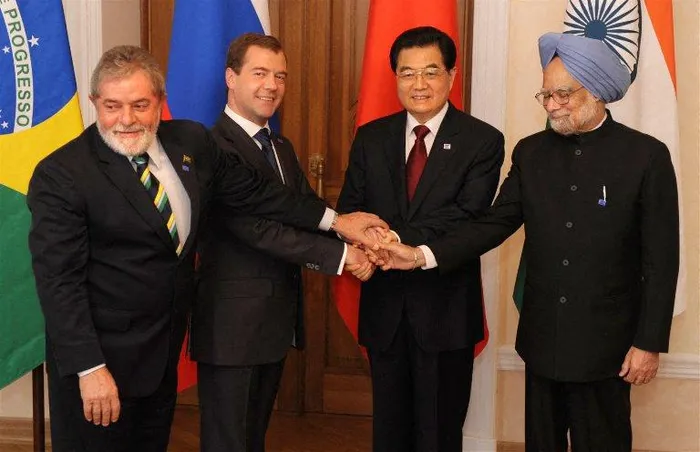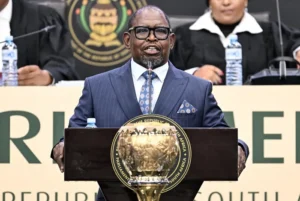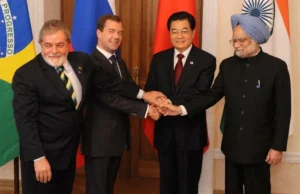History teaches that: Pandemics return, wars re-emerge, economies rise and fall, and new technologies disrupt established orders. While the pattern of global events echoes across centuries, artificial intelligence (AI) marks a new inflection point. Now, disruption is cognitive and social at scale, altering how nations engage, how economies grow, and how humans relate to one another. Global influence is increasingly defined not only by land, military, and trade, but by data sovereignty, digital infrastructure, and computational power. In this context, BRICS nations recognise that the global architecture of technology will shape development trajectories and geopolitical agency for decades.
AI as a Tool for Inclusion, Not Exclusion
Across BRICS, AI is moving beyond commercial value and into public purpose. Under Brazil’s 2025 presidency, AI governance and inclusive growth are strategic pillars, reflecting a shared commitment to digital sovereignty and equitable development. From China’s AI health diagnostics and India’s multilingual education platforms to South Africa’s future-skills initiatives and Brazil’s environmental monitoring systems, technology is being harnessed to uplift communities and strengthen rural economies. It is simultaneously expanding access to healthcare, education, and food security across BRICS countries. The Global South is demonstrating that AI can empower rather than marginalise, a direct challenge to models centred on profit extraction and digital dependence.
However, the same technologies that promise inclusion also carry profound risks. Without ethical safeguards and global equity in digital infrastructure, AI can deepen inequality, replacing economic exclusion with digital exclusion. Marginalised groups may be subjected to algorithmic bias, digital surveillance, and data exploitation. Countries without cyber resilience and technological capacity face heightened vulnerability to cyber-attacks, manipulation, and technological dependency. The promise of AI must therefore be matched with protections that ensure vulnerable populations and emerging economies are not left behind or technologically dominated.
Culture and Human Values Still Anchor the World
Despite the accelerating digital revolution, the core drivers of human engagement endure: identity, dignity, culture, and shared meaning. Technology can reorganise power but cannot erase the need for belonging or justice. For this reason, BRICS nations emphasise ethical AI, open innovation, and frameworks that defend privacy, equity, and community agency. The future is too important to be left to algorithms alone; it must be guided by values that uphold humanity, social inclusion, and equitable access to opportunity.
AI has the capacity to influence cultural expression and social norms in subtle and powerful ways. Recommendation algorithms can reinforce cultural homogenisation, weaken indigenous knowledge systems, and amplify dominant narratives at the expense of local identities. AI-generated media may blur the lines between authenticity and manipulation, reshaping how communities tell stories, preserve history, and express creativity. This makes cultural preservation, linguistic diversity, and ethical design essential pillars of global AI governance.
Shaping the Moral Architecture of AI
Global engagement is being reframed not only through technology but through the principles embedded within it. AI can widen inequality or bridge it. It can concentrate control or decentralise empowerment. The true test of this era is whether innovation serves society, not merely markets. As BRICS advances a development-centred AI model grounded in fairness and shared prosperity, it offers a vision where emerging technology supports rather than supplants human potential.
This moment requires not only a development-focused approach but a rigorous ethical foundation, one that governs how AI is trained, deployed, and supervised. Accountability, transparency, and global standards that reflect diverse civilisations, not only Western commercial priorities, must define the future. In shaping the moral and ethical architecture of AI, humanity asserts that technology must elevate dignity, protect rights, and preserve cultural sovereignty. History may repeat, but for the first time, humanity can consciously direct its trajectory through a values-led approach to technological progress.
AI presents both transformative potential and significant risks, from empowering societies to widening existing inequalities. Through BRICS cooperation, member countries can leverage AI to drive inclusive development, safeguard human values, and establish ethical standards that guide innovation. By prioritising access, ethics, and cultural preservation, AI becomes a tool for progress rather than exclusion, ensuring that technological advancement strengthens societies rather than leaving them behind.
Written By:
*Dr Iqbal Survé
Past chairman of the BRICS Business Council and co-chairman of the BRICS Media Forum and the BRNN
*Cole Jackson
Lead Associate at BRICS+ Consulting Group
Chinese & South American Specialist
** MORE ARTICLES ON OUR WEBSITE https://bricscg.com/ (https://bricscg.com/)
** Follow https://x.com/brics_daily (https://x.com/brics_daily) on X/Twitter for daily BRICS+ updates
